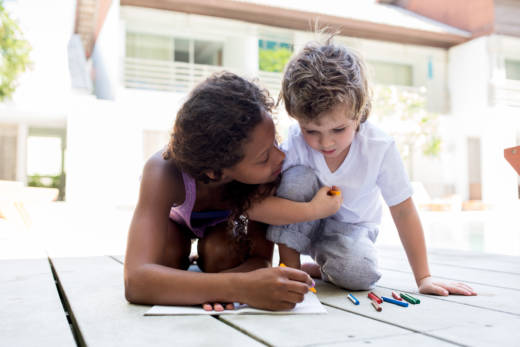He goes by Ice, but Tanapat Treyanurak is known among his peers at Hamilton College for his disarming warmth. He grew up in a village in Thailand, where he lived with two older brothers, his mother and father, and his grandmother. Both parents worked long hours, so Ice spent considerable time with his grandmother, who encouraged him to be kind.
At the small international school he attended for 10 years, Ice heard the same message from teachers and coaches: Listen to others, be considerate, think beyond yourself. Ice remembers the unusual kindness of his middle school phys ed teacher, who made a special effort to include and encourage the athletically unskilled, and who never let bullies get away with casual cruelty.
Ice absorbed these lessons and has applied them throughout his life. At college in New York, he smiles at everyone, treats strangers he meets like future friends, and sets his own work aside to help others. “More often than not, it pays to smile at people and say ‘hi,’ and to help when I can,” Ice said. He has avoided campus cliques, remaining friendly with disconnected groups, and serves as a resident adviser in one of the student dorms. His conscious effort to be kind “started off as listening to my grandmother and my teachers growing up,” Ice said. “And the more I did it, the more rewarding it became.”
Treating others with kindness was at the center of Ice’s family and his school. But for many students in the U.S., the importance of being kind trails behind other cultural values. In a 2014 Harvard study of 10,000 middle and high school kids, 80 percent of the students said they value achievement and happiness over caring for others. While 96 percent of parents report that they want above all for their children to be caring, 81 percent of kids said they believe their parents value achievement and happiness more. A similar math holds for students and teachers: 62 percent of kids believe their teachers prize academic success above all. And this thinking affects student behavior: The very same kids who rank caring for others behind happiness and achievement, and who believe their parents want the same, scored low on an empathy scale.
It matters that the young learn to be kind because a caring outlook is linked to positive life outcomes across multiple domains.


